Talking together is proven to be a useful strategy to promote mental and emotional well-being, it certainly works for me. We should never underestimate the power of being connected to others around us.
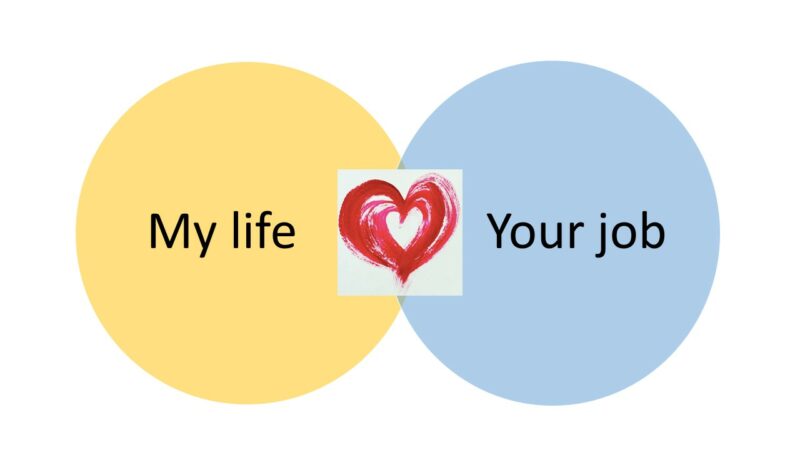
Living independently I have a full time around the clock support team. Shifts are usually 24 or 48 hours including overnight. This means each team member is not just a paid member of my staff but they are my companions. Whatever I’m doing they do too, we eat together, they provide me with support in any situation. They might be doing my cooking and ironing, or driving me to boccia training, or out socially, or just being with me.
“It’s my life, it’s your job”
I always say “it’s their job, but it’s my life” and what I mean by this is that team members come into work, they do their job and they go home. Quite rightly they have another life away from work. They need to be adaptable, positive and supportive, and enjoy the role. What this means is I am living my life with a series of people coming in to assist me. Consequently, it’s really important that each person is someone I relate well to. It’s important we can have a laugh and we can talk together. They must be someone I can be comfortable with at any time. Given that we all deal with whatever life throws at us they can find themselves attending weddings and funerals. I might be living the high life or wanting a quiet day, and everything in between.
Relationships and personality matter!
Communication is key to relationship building
In the early days of building a relationship with a new team member we spend a lot of time talking together. Whilst this is good for the personal assistant I can find this extremely tiring. For years I have really tried when speaking to enunciate well. I’ve worked hard to try and reduce fluctuations in my vocal power from being very quiet to coming out as a shout. Often this has resulted in my straining my vocal cords. So these days I use my communication aid more and I’m seeing the benefits. The team still learn my verbal speech quite quickly, but using my communication aid brings benefits. These include them learning more quickly active listening skills and what is needed to model communication. I can pre-programme regular actions. In addition, I can think carefully beforehand about what I want to say to give feedback. My team understand I’m not going to use just one communication method so they become adept at facilitating me whatever method I choose when we are talking together.
Shall we ‘Talk about’…..?
I’ve employed talking strategies since my mid-teens, I have a daily strategy we call ‘Talk about’. Most people in a relationship, or a family, will talk about their day. Talking together we can discuss the day, what went well, what was different, anything that might have worked better. We are interested in planning what’s happening tomorrow or in the longer-term. What I found at boarding school, then later when I went to university that this doesn’t always happen when staff are coming in for a shift. Unwittingly they are coming to work and can be focused on the practical tasks they need to do. This means not always helping me to be mentally and emotionally relaxed or prepared. Talking together is a really big part of the role when working with me.
Why ‘Talk About works for me
We’ve developed ‘Talk about’ further with my counsellor who now helps me deliver this training for each new team member. We use it as a way for me to give them regular informal feedback, and for them to feel comfortable giving me feedback. It’s also a good way of developing and building our relationships, and it’s a way we can problem-solve together. ‘Talk about’ is a very simple strategy. It only takes a few minutes done regularly. We initially adopted it for the evenings to make sure I went to bed and could sleep without things on my mind. However, it can also be used during a shift or at the end of a shift as the approach is very simple and informal.
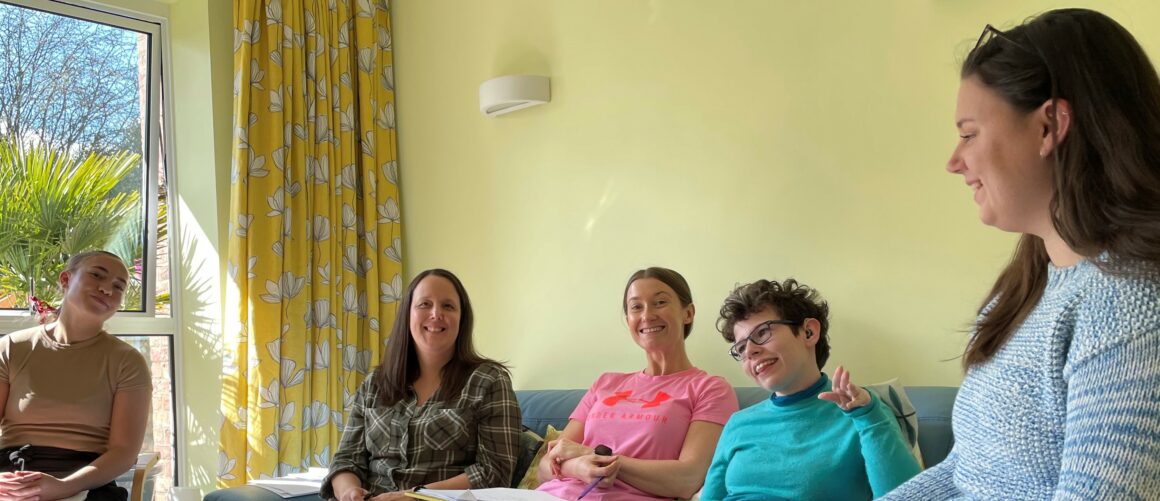
‘Team talk’
This is another technique we use to make sure the whole team are on the same wavelength. We try to have regular team days (4-6 a year) so that everyone gets quality time together. Everyone does get to see each other on shift changes or when I need double-ups, but talking together cannot be undervalued. Sometimes we just do fun things like going to an escape room or having a cooking day to fill the freezer. Other times it’s more formal maybe having a therapist/professional in or doing a specific activity.
Learning from sessions
One of these activities is called ‘learning from’. This is a reflective session which usually comes from when something has gone wrong in some unexpected way. These reflections have included serious events such as when a Personal Assistant collapsed on shift. Or when I was taken ill and ended up in hospital for several days. But also situations like going away and forgetting to pack essential items or dealing with a van breakdown. All of these have led us to have more robust procedures, which is good. And, we now include these scenarios in our initial training which gives new team members (and me) greater confidence.
Reviews
As a good employer, I try to regularly sit down and talk a little more formally with each team member individually. This means if I have things on my mind that I feel I need support to raise with a team member then there is a known support mechanism in place. We have a well-established format so I can pre-programme things I want to contribute, and then follow up spontaneously. The aim of a ‘review’ is to ensure everything is working well for everyone, to give and receive feedback. This is especially important in the first few months but remains something we revisit regularly, and means there should be no surprises if things need tweaking on either side. And, it’s a vehicle to identify additional training needs, changes in working practice, etc. By making it clear from the start that there are opportunities to talk together we hope everyone is as upfront and honest with us, as we hope to be with them.
Counselling
Why I have a counsellor
I’ve mentioned counselling elsewhere in passing. I’ve had sessions since I was mid-teens when I had a crisis that put me in hospital. This was triggered by lots of changes at school and the sudden realization that my parents wouldn’t be there for me forever. Initially, counselling was through school on a weekly basis and this was really key to me managing my own issues away from home. I was then offered counselling through the university. Sadly this didn’t work, but I found someone who has been supporting me for the last 7 years. I have had the ‘typical’ student issues to deal with like work pressures, homesickness, loss of family members, and building a new social life. But I’ve also had to deal with other things.
How a counsellor helps me now
Managing a team of people isn’t easy at any age, and I’ve done this on a daily basis since I was 19, even now I’m still learning. The counsellor is my go-to person for discussing things I don’t want to share with team members or my family. Over time we have built up a really good rapport and I value this impartial and non-judgmental support.
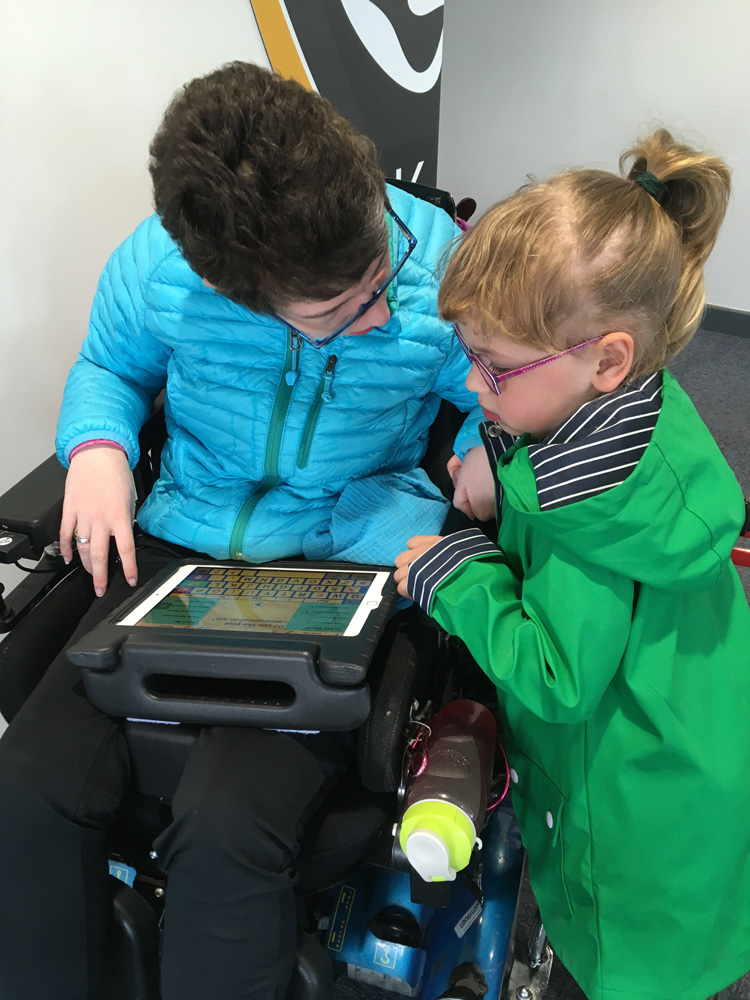 Being connected
Being connected
Feeling a sense of belonging, part of a community is essential for us all. Surprisingly the Covid19 Pandemic has brought others into my sphere of regular communication. I’ve always used digital platforms and social media to keep in touch with friends from around the world, and here in the UK. When I moved from the south of England to the north for university it became impossible to have regular face to face contact with many friends. The result was I began using technology to keep in touch. Social platforms are a wonderful facilitator, and even more so since Covid hit us all.
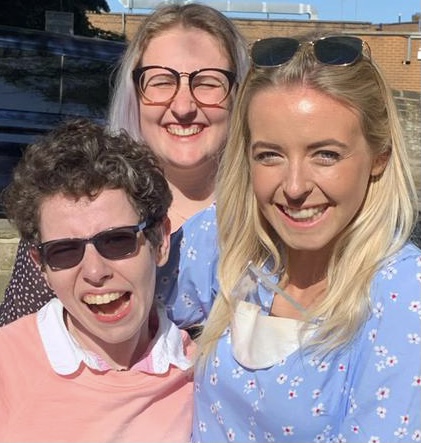 I love to talk to friends and family, and face to face if possible. It’s such a feel-good experience to share news, dreams and experiences. Keep talking together!
I love to talk to friends and family, and face to face if possible. It’s such a feel-good experience to share news, dreams and experiences. Keep talking together!

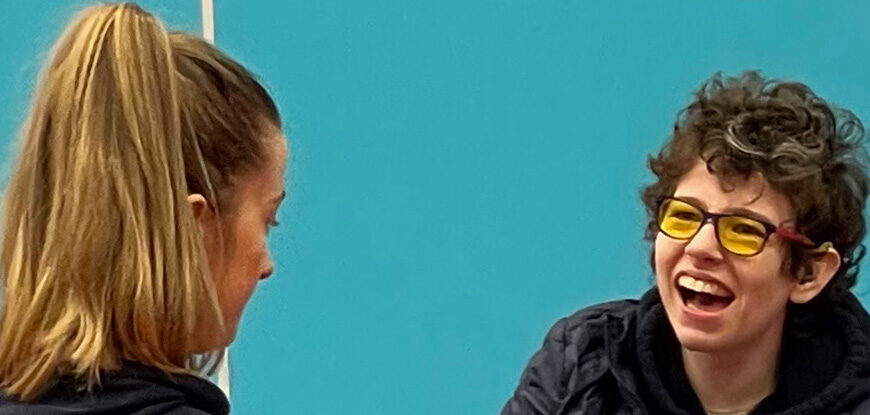
If you found this interesting or
helpful please feel free to share.